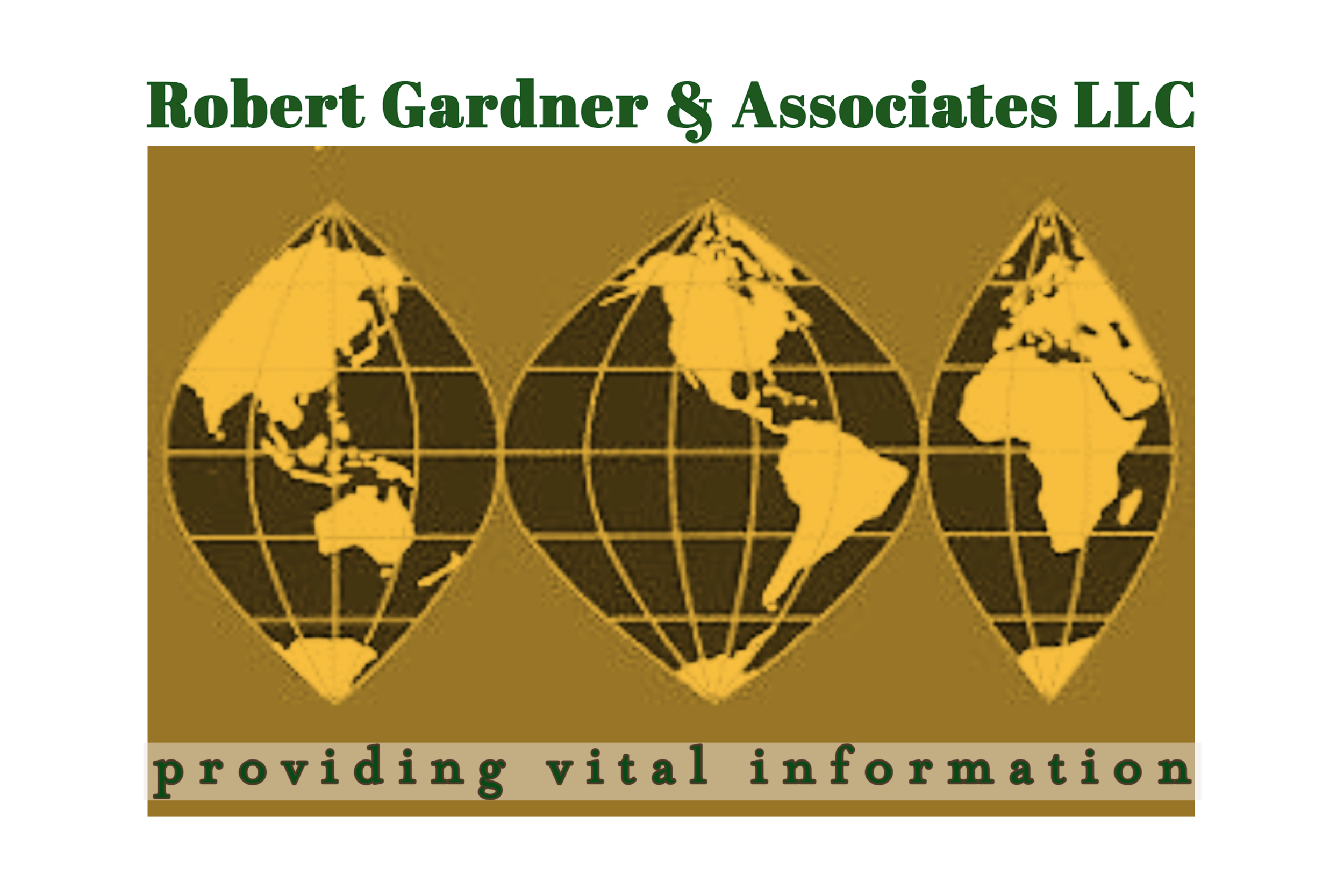Re-boot, Re-birth, New 52, Etc - If You Worked For Me
Many Lessons Contained Herein
We had ten blog posts in ten days. Then, for the people who needed closure, we had Season 11, in which we ragged on people who don’t know we’re ragging on them. Obviously, what comes next is the re-boot. Think of this post as the Andrew Garfinkle, the Christopher Nolan of blog posts. Everything I said before, I can say again. It’s a re-boot. Well, maybe not quite, but I will go back to basics. The advice I gave during every staff review I gave.
I am, no humility needed, a very good researcher. In many years of doing research, I have learned many tricks. With the robust Twitter community we have going, I am learning as much now as I’ve ever learned. Still, I have always been a good researcher, and I was a very good researcher from the day I started digging up data for Big Firm in 1989. What made me a good researcher from the start was my intense interest in wanting to know. I am quite nosy. I like to know things and suss things out, being told to find secrets is like telling a dog to find a rabbit in the bushes. More importantly, I already had an intense fascination with knowing things that would be invaluable to my job as a due diligence professional. I had written a long dissertation on international organized crime, and before I got around to that, I had come across this book that has dominated my psyche ever since. It was not just those kinda criminals though, I was reading all sorts of books on white collar crime too. Having all this info packed into my gray matter made a huge difference in my skills. Things made sense way faster. Names would mean something to me before I ran the Nexis search. I knew what made me good, and I knew what I would need others to know to be as good.
The business model of Big Firm, like all their Big Firm brethren, was to get the most work done by the cheapest staff. It was called leverage. My job for many years at Big Firm was to take my ability as good researcher and translate that into methods and training for staff below me. You could teach the kids search syntax, you could tell them what a UCC filing meant, but could you tell them who Marc Rich was. If the target penny stock firm was based in Englewood, Colorado did your antennae go up before you started looking? To be a really good researcher, you need to know a certain amount of answers before you knew the questions. I had one piece of advice for my budding staff to get there. Read the Wall Street Journal.
All that nosiness that took me years to actualize. You could shortcut it with a daily paper. A new edition every day. There were always going to be stories that would improve and enhance your ability to do business research. Corporate intrigue, notable litigation, executive profiles; there has been and even now, remain, an overabundance of great stories in the Journal. Which is why, they were one of the first news publications to zip up behind a paywall, and one that has managed to stay safely behind said wall. Even if you watch many videos, you cannot read most of their stories without paying. Pay.
Like I say, you will constantly find stories that will help you as a researcher. They will teach you how to research and they will teach you of things you should know to understand what you will come across in your research. You really need to read this story from October 31, “Giuliani Associate Left Trail of Troubled Businesses Before Ukraine Probe Push.” There are so many great lessons tips for researchers:. I’ll give you a smattering, but the whole point is for you to read it yourself and see what you can find. You should be able to write an entire run of blog posts on the insights and tips from within this article.
Many facts extracted from litigation records
Reliance on other press accounts (I’m assuming they used Factiva)
Financial Industry Regulatory Authority BrokerChecks
Looking beyond the basic name, “working as a securities broker at firms in New York and Florida. Three of the firms were later expelled from the securities industry…”
Picking a name to clean up Google search results
And the article uses all their findings to paint a due diligence disaster of a report. Just like you could if you were working for me.
If you were working for me, we would sit down at least once a year for a review. I would find things to commend you on—no matter how lousy you were, I’d find at least something good to say. And no matter how many things we’d then go over, I would always leave you with one direction. Read the Wall Street Journal.

